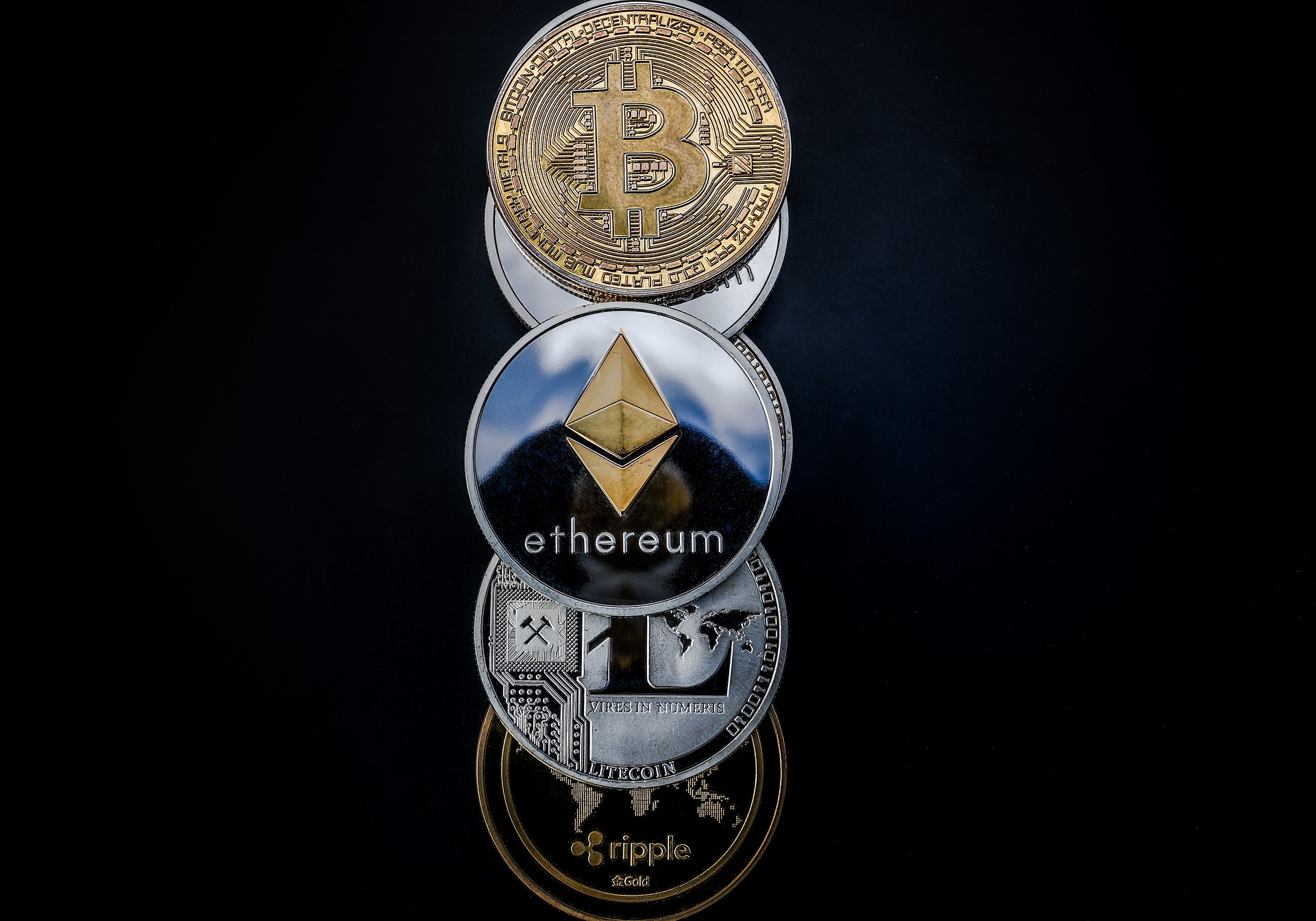Le criptovalute: le nuove monete del futuro
Ultimamente si sente parlare molto di criptovalute dopo che l’uomo più ricco del mondo, Elon Musk, nonché inventore del marchio di auto elettriche Tesla e investitore nell’ambito spaziale ha aggiunto alla sua “bio” di Twitter la parola Bitcoin preceduta da un hashtag. Ma cosa sono davvero i Bitcoin e più in generale le criptovalute ? Il termine criptovaluta è la traduzione italiana del termine inglese cryptocurrency. Il termine inglese deriva dall’unione di cryptography ( crittografia) e currency ( valuta). Si tratta quindi di una moneta virtuale basata su una crittografia digitale.
Le criptovalute sono generate e scambiate attraverso algoritmi informatici e per fare ciò utilizzano la modalità “peer to peer” ovvero lo scambio avviene direttamente tra due dispositivi senza bisogno di intermediari. Questo rende la criptomoneta unica poiché non c’è nessuna autorità centrale che le controlla quindi sono del tutto decentralizzate.
Tutto il sistema di scambio delle monete virtuali si basa su una tecnologia di contabilità generalizzata, in genere una blockchain che fornisce alla moneta validità e funge da “libro mastro” di tutte le transazioni della moneta. L’intero sistema basato su crittografia e sulla decentralizzazione della moneta, viene reso più protetto e sicuro da attacchi informatici. Un’altra caratteristica fondamentale delle criptomonete è la tutela dell’anonimato: queste non sono collegate a persone fisiche ma bensì a indirizzi specifici chiamati chiavi che vengono utilizzate nel caso delle compravendite. In questo modo i proprietari non sono rintracciabili ma le transazioni sono presenti pubblicamente sulla blockchain.
Come si ottengono? due sono i principali modi per possederle virtualmente: il primo è acquistandole da un fornitore, il secondo è minarle con dispositivi molto potenti e attraverso algoritmi specifici. In entrambi i casi, una volta ottenute, è necessario trasferirle su un tipo di portafoglio virtuale per preservarle.
In conclusione il tema delle criptovalute è molto complicato e controverso ma, le criptomonete stesse, sono considerate da molti come le nuove monete del futuro.
Cryptocurrencies: the new coins of the future
Lately, we are hearing a lot about cryptocurrencies after the richest man in the world, Elon Musk, inventor of the electric car brand Tesla and investor in the space field, added the word Bitcoin preceded by a hashtag to his Twitter “bio” . But what are Bitcoins and more generally cryptocurrencies ? The term cryptocurrency is the Italian translation of the English term cryptocurrency. The English term derives from the union of cryptography and currency. It is therefore a virtual currency based on digital cryptography.
Cryptocurrencies are generated and exchanged through computer algorithms and to do this they use the “peer to peer” mode, so the exchange takes place directly between two devices without the need for intermediaries. This makes the cryptocurrency unique since there is no central authority that controls them so they are completely decentralized.
The entire virtual currency trading system is based on generalized accounting technology, generally a blockchain that provides the currency with validity and works as a “ledger” for all transactions. The entire system based on cryptography and the decentralization of the currency is made more protected and secure from cyber attacks. Another fundamental feature of cryptocurrencies is the protection of anonymity: these are not connected to individuals but rather to specific addresses called keys that are used in the case of transactions. In this way the owners are not traceable but the transactions are publicly present on the blockchain.
How can we obtain them? There are two main ways to possess them virtually: the first is by purchasing them from a provider, and the second is to undermine them with very powerful devices and through specific algorithms. In both cases, once obtained, it is necessary to transfer them to a type of virtual wallet to preserve them.
In conclusion, the issue of cryptocurrencies is very complicated and controversial, but cryptocurrencies themselves are considered by many to be the new coins of the future.
Manuel Franchi
